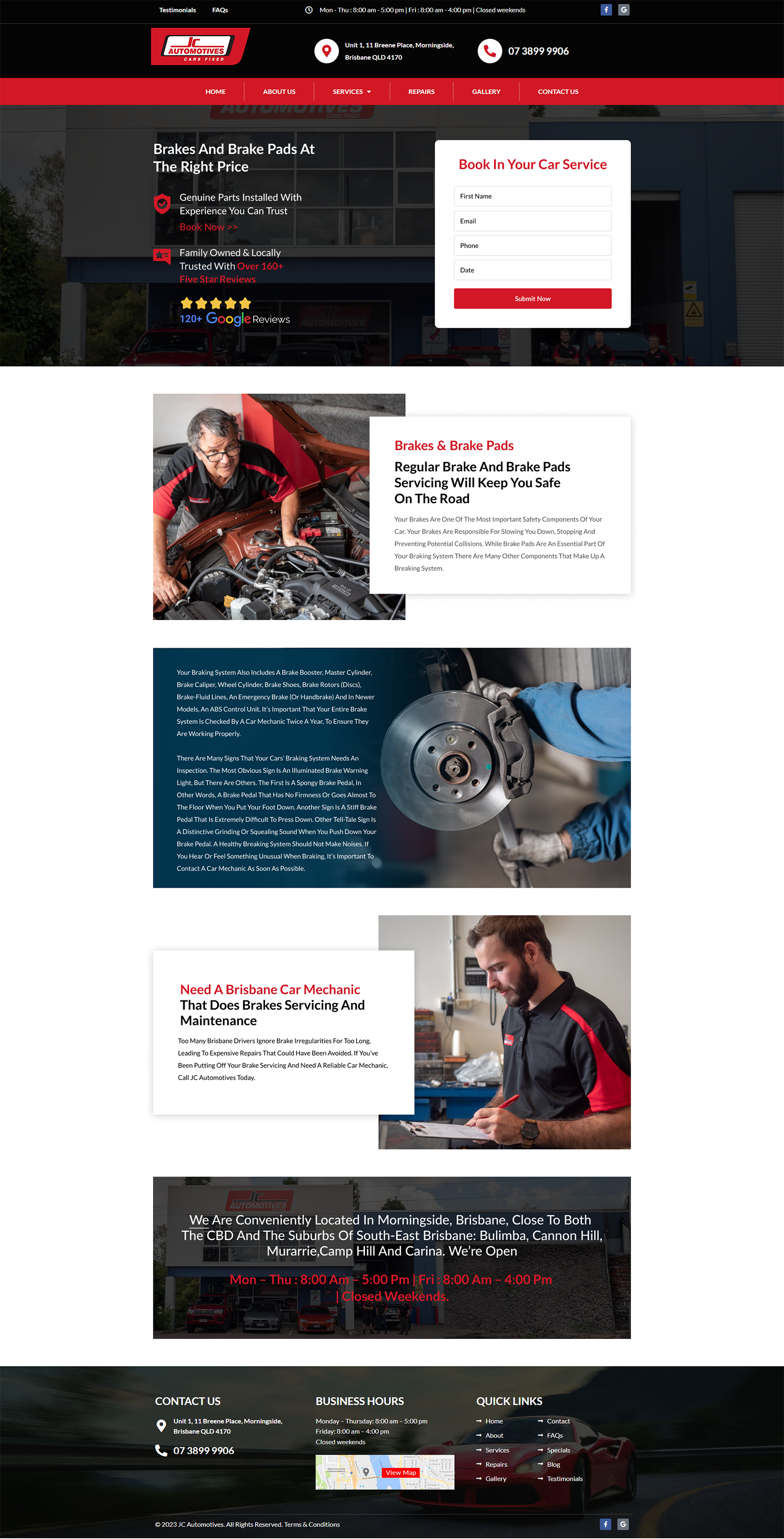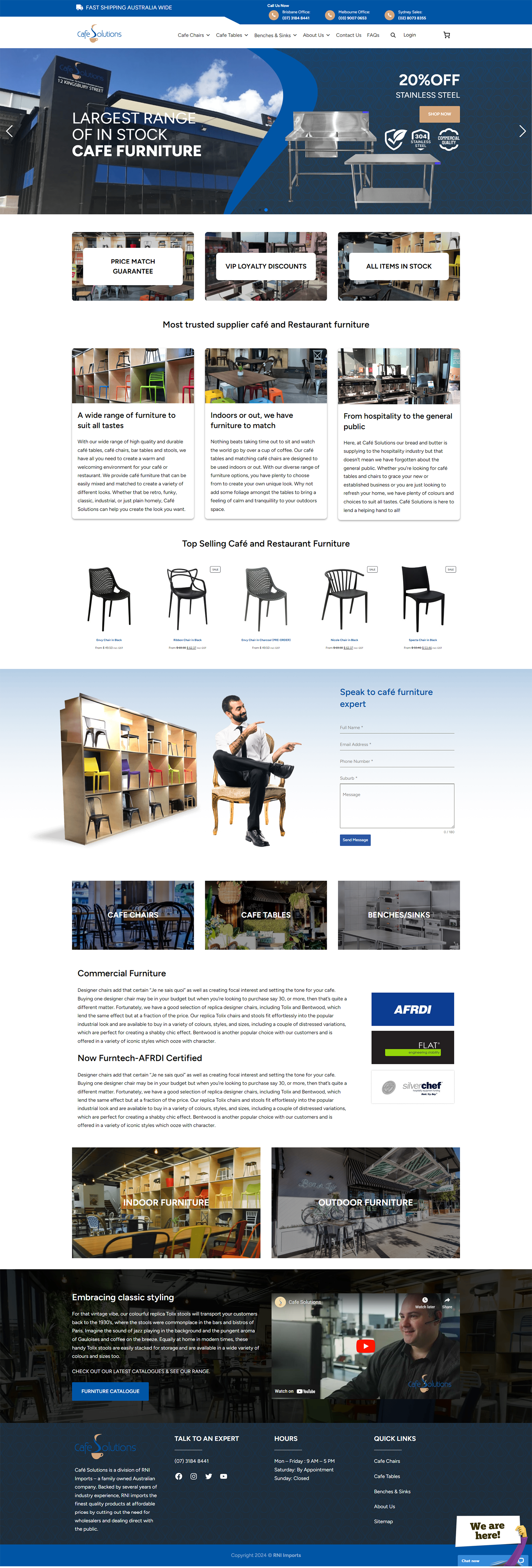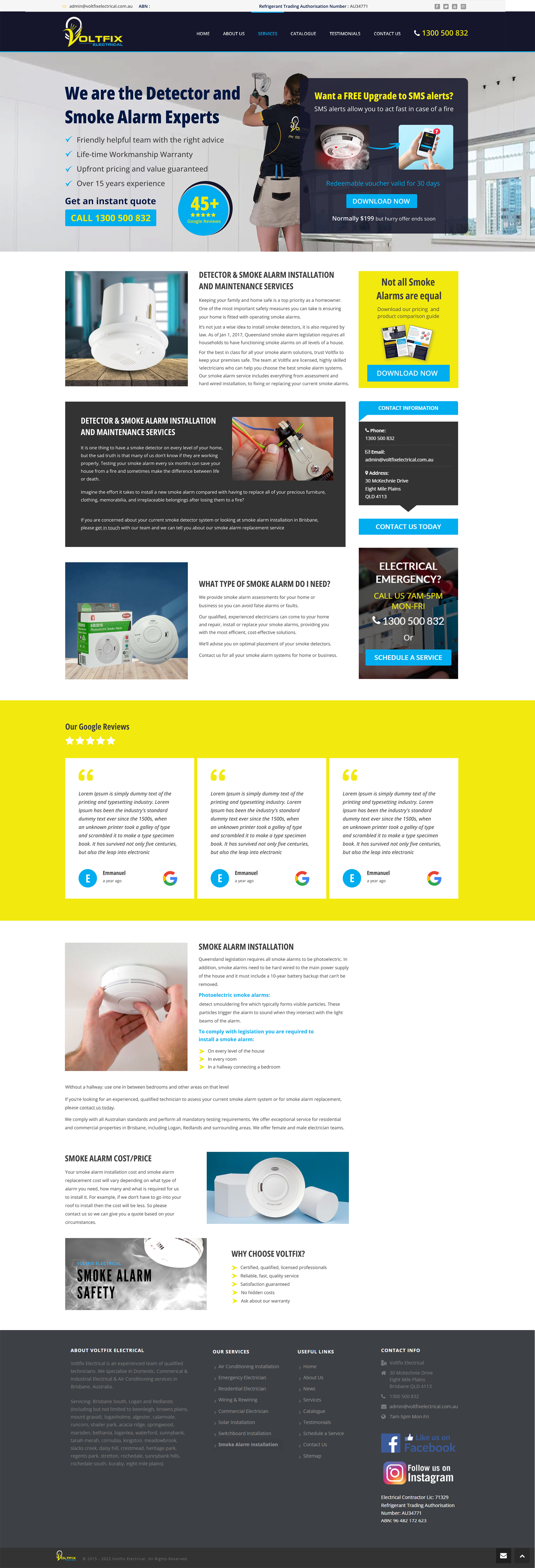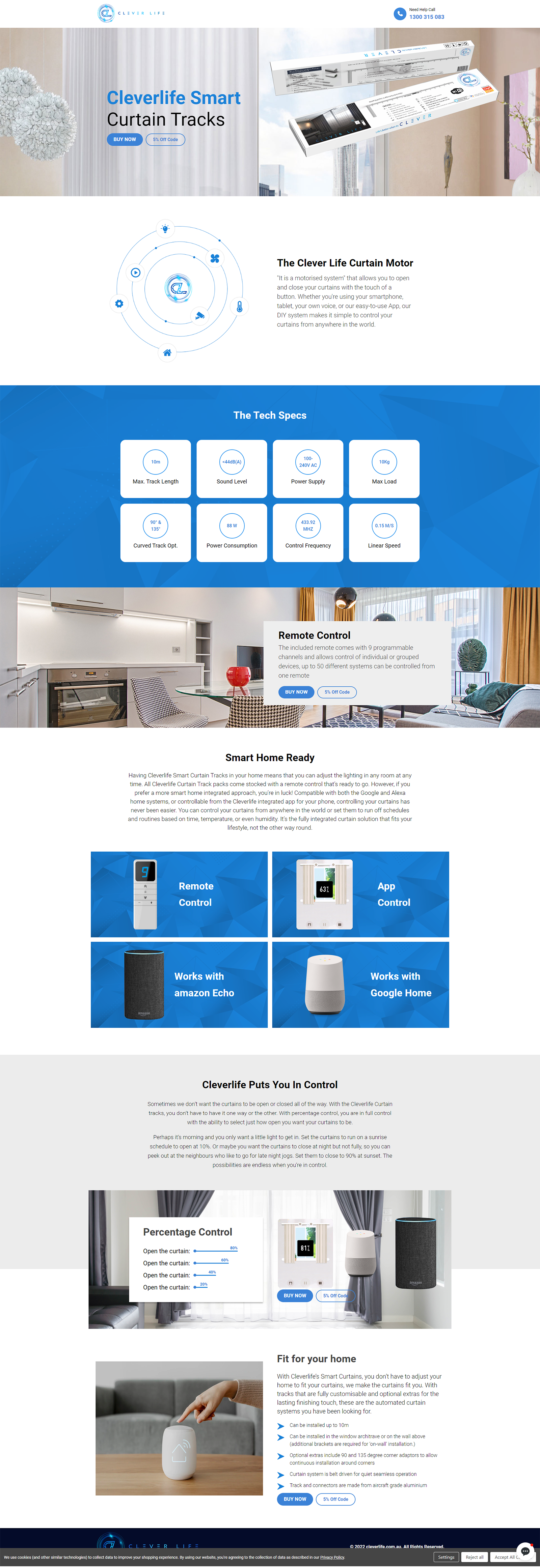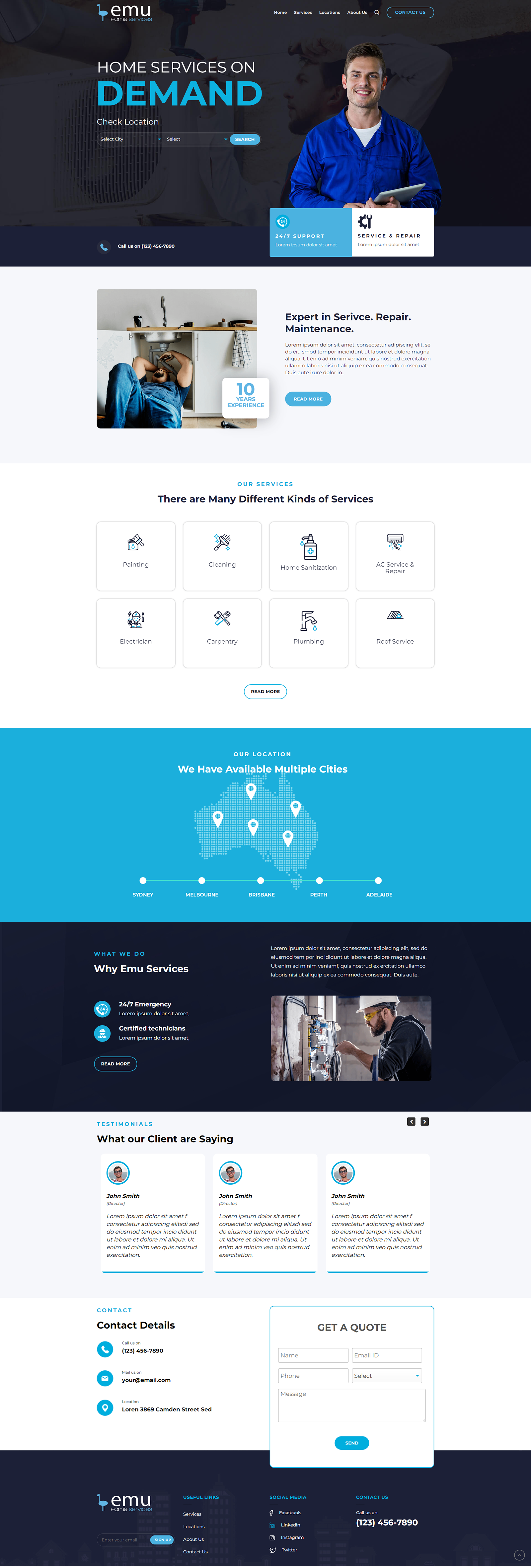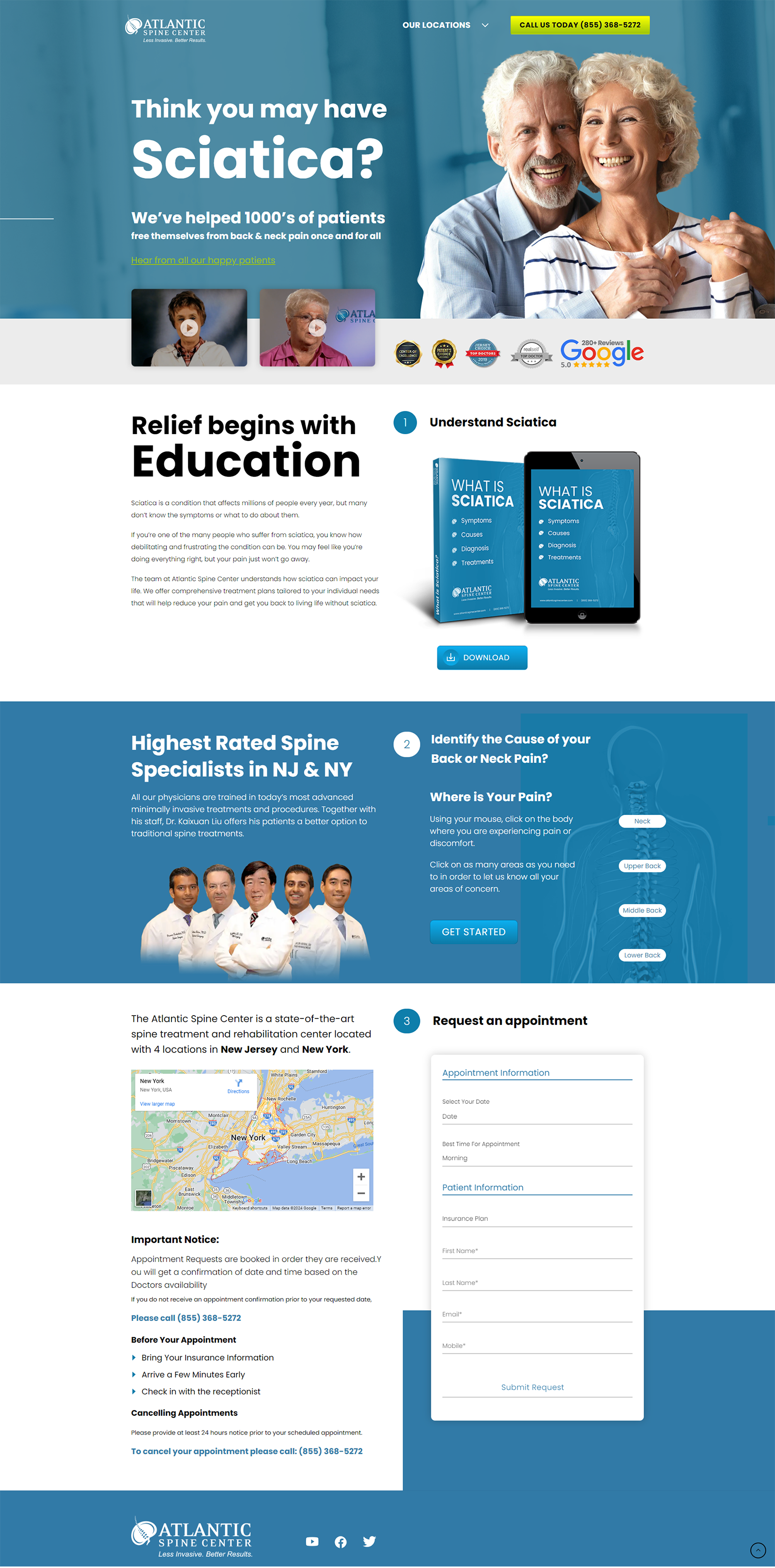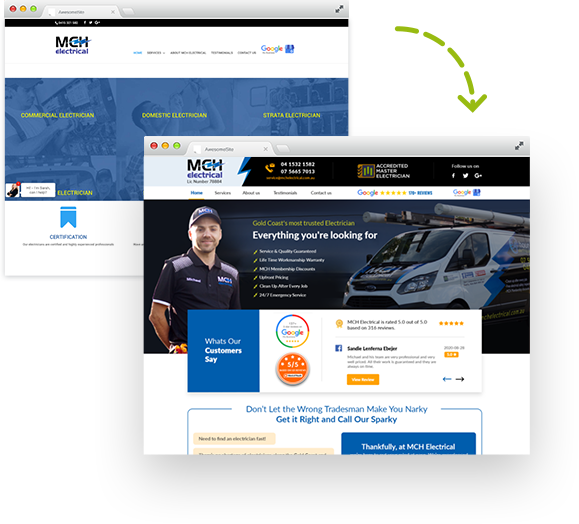After 10 years working with Ecommerce retailers you build a lot of experience when you are focused on continually finding new and more methods to beat the competition.
In the world of SEO for Ecommerce this comes down to applying slightly better methods in a number of key areas and always staying one step ahead.
These methods constantly change as technologies, platforms and algorithms evolve and in the current climate there are 5 key areas that are commonly missed by the majority of Ecommerce Stores. You can download that document from here.
Today however, I’m going to add one more advanced method that is helping Ecommerce Retailers to gain a competitive edge in their rankings.
If you break Google down to its most basic levels, it is no different to a robot that is trying to become self-aware with the help of AI Machine Learning. This is the driving force behind many new technologies and at its core is understanding and processing language that allows new decisions and actions to be taken without human intervention.
Once we look at the algorithms in this way we can then start to look at the rules that inevitably have to be in place for this type of machine learning to occur. One of these important rules is called Natural Language Processing. Put simply there are rules in the way
Google understands content and speech. So for example if you’re talking about a keyword, there are certain words or topics that based on the NLP framework we would expect to be also covered within a page talking about that keyword.
The Framework is quite advanced no doubt, but as technology improves tools have become available to help write content that follows the NLP framework. This gives your content an unfair advantage when you cover everything Google expects to see on a page related to that keyword. It then stands to reason you will be given favourable treatment in rankings.
As well as the high tech tools to assist with this strategy there are also low tech ways to take advantage of this method. The low tech way is to just look at who is currently ranking and look at what topics and related keywords they are talking about. The problem though, just because they are ranking doesn’t always mean they covered the right topics. It might just mean they have covered it better than others, or are overloaded on other ranking factors like link building, so they aren’t too reliant on content quality.
Early adopters of this concept now understand that hiring a content writer, proofing the content and publishing it on your website has suddenly become a lot more complex. A very small percentage of content writers use the right tools or know of these principles so the content you invest so much in does not end up giving you the benefits you may hope to expect. Especially if one or more of the competitors happens to have covered the right topics either by coincidence or by understanding exactly what they are doing, which is
slowly becoming more common.
This is just one of the ways that we as an agency are constantly out-performing competition and ranking for competitive keywords before we even look at harder and slower ranking methods. This is one of the real benefits of working with a good agency. SEO is what we live and breathe so we are able to get access to the latest methods often years before they become general knowledge. For instance, by the time a business owner or ecom manager sees something on one of the big industry blogs it’s often a few years old and no longer
having the same impact.
To summarise, sending a page off to a content writer is no longer getting the job done. Great content requires the analysis of NLP topics and words, Intent and other factors to make sure you are giving Google exactly what it wants to see so it rewards you with great rankings.







